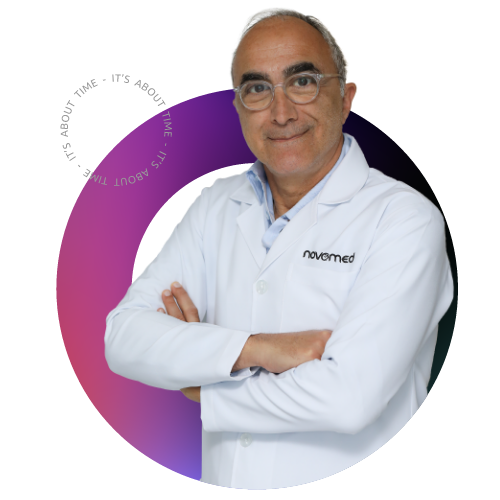Overview
You may have constipation if you have infrequent bowel movements or stools that are hard, dry, and difficult to pass. Even though constipation is a common condition that can happen to anyone, some people have severe constipation that lasts for a few weeks or more, making it difficult for them to carry out their daily tasks or activities. If you are suffering from chronic constipation or constipation accompanied by blood in your stool or persistent abdominal pain, consult a doctor immediately.
What are the symptoms of constipation?
- Less than three bowel movements per week
- Difficulty emptying stools from your rectum
- Uncomfortable and painful bowel movements
- Abdominal bloating and cramps
What are the causes of constipation?
Constipation has various causes, such as:
- Pregnancy
- Lack of physical activity
- Insufficient water or fiber in your diet
- Avoiding the need to go to the bathroom
- Irritable bowel syndrome (IBS)
- Medications (such as antidepressants)
- Neurological disorders (such as Parkinson’s disease and multiple sclerosis)
- Colon cancer
How is constipation diagnosed?
During your consultation, our gastroenterologist will review your medical history to identify the source of your constipation. They will then perform a digital rectal exam (DRE), which includes inserting a gloved, lubricated finger into the rectum to look for any problems in the colon that may be the cause of your condition. Other diagnostic procedures may include blood tests to check your hormone levels or X-rays to see whether your intestines are clogged.
The doctor may perform a colonoscopy that involves passing a colonoscope (a lighted tube) up into the colon through the rectum to examine your intestines for obstructions. They may also perform a sigmoidoscopy to examine the large intestine.
How is constipation treated?
Treatment options for alleviating or preventing constipation include:
- Lifestyle changes: including exercising regularly and not resisting the urge to go to the bathroom.
- Dietary adjustments: including drinking plenty of water daily, increasing your intake of high-fiber foods (such as beans, whole grain cereals, fruits, and vegetables), and limiting low-or non-fiber foods (such as dairy goods and animal products).
- Laxatives: various types of laxatives are available to relieve constipation and reduce symptoms.
- Prescription medications: can help stimulate stool movement by bringing water into your intestines or help the colon move stool more easily.
- Biofeedback training: which involves working with a therapist who employs tools to teach you to relax and tense the muscles in your pelvis. During biofeedback sessions, a catheter (tube) is introduced into your rectum to detect muscle tension. You are led through movements by the therapist to relax and tense your pelvic muscles.
- Surgery: to remove a portion of the colon may be an option for those who have tried various treatments without success and whose stools travel through the colon abnormally slowly.
Schedule your appointment at Novomed today
If you are suffering from persistent constipation, make an appointment today with our expert gastroenterologist in Dubai by calling toll-free 8006686 or clicking the live chat icon at the bottom of the screen.


























